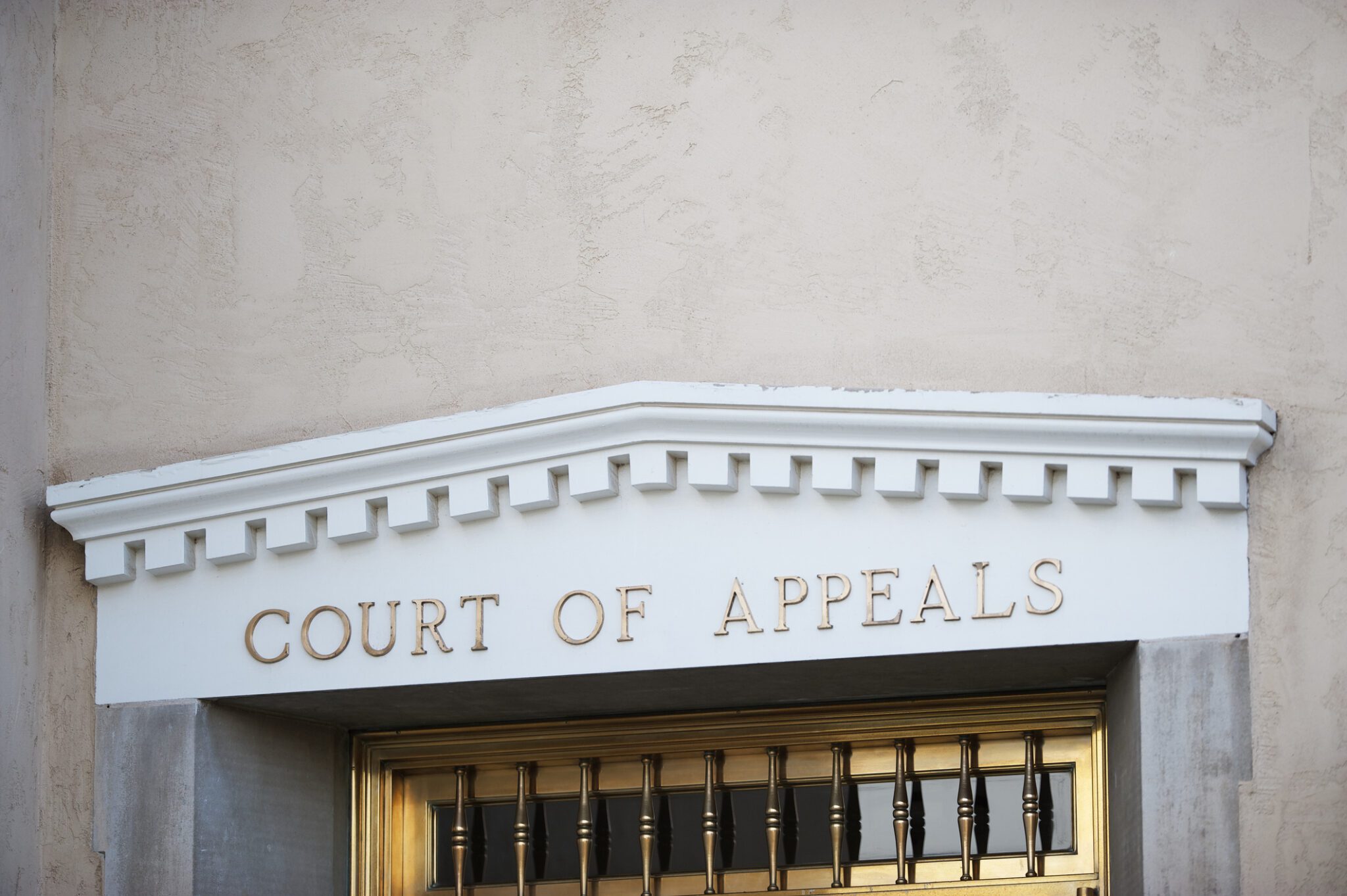Case Summary: IAG New Zealand Ltd v Shaw [2022] NZHC 2829
Loss of possession in insurance law
The meaning of the word “loss” in insurance law ‒ as it applies to the capture and seizure of the insured subject matter (people’s things) ‒ has been debated since it first began to appear in marine and property policies in the eighteenth century.
In marine insurance, the courts have developed a distinction between actual total loss and constructive total loss. However, it’s accepted in New Zealand that the marine concept of constructive total loss has no application to non-marine insurance.
That was determined early in the cases concerning earthquake damage, most importantly in Marriott v Vero Insurance New Zealand Ltd [2013] NZHC 3120. Accordingly, in non-marine insurance there can be a claim for loss of possession of insured subject matter only if it is clear that it cannot be recovered.
There are many decisions that support this, including an important decision by the UK House of Lords in Moore v Evans [1918] AC 185, where a firm of jewellers in London sent pearls to customers in Belgium and Germany in June and July 1914. The outbreak of war in August made it impossible for the pearls to be recovered, although the German authorities had not seized or otherwise interfered with them, and they were placed into a bank for safe keeping. It was held that the pearls had not been lost for insurance purposes: the pearls remained safe and in custody, the only problem being that the jewellers were in practice unable to regain possession.
Other cases include Masefield v Amlin Corporate Member Ltd [2011] EWCA Civ 24 (cargo seized by pirates was not totally lost because a ransom would be payable by the shipowner’s insurers) and Scott v Copenhagen Re [2003] EWCA Civ 688 (a BA aircraft stranded on the ground at Kuwait Airport following the invasion by Iraqi forces was not totally lost until its fate was actually known).
More recently, the New Zealand Court of Appeal in Kraal v Earthquake Commission [2015] NZCA 13 rejected the argument that an insured who was forced to move out of an undamaged building by reason of a potential threat from landslip had not suffered a physical loss. Kraal has proved to be an important decision in COVID-19 cases. Courts in both England (TKC London Ltd v Allianz Insurance plc [2020] EWHC 2710 (Comm)) and Ireland (Headfort Arms Ltd v Zurich Insurance PLC [2021] IEHC 608; Coachhouse Catering Ltd v Frost Insurance Ltd [2022] IEHC 306) have followed Kraal to hold that that deprivation of the use of insured subject matter is not a “loss” unless the deprivation is permanent. The cases say that if the insured is deprived of possession in circumstances where such deprivation is not permanent, it is necessary to wait and see what happens: unlike the position in marine insurance, there is no immediate total loss.
The Shaw case
For some five years Ms Shaw had been the partner of Mr Norris, who died intestate on 10 January 2018. At the time of his death Mr Norris owned a motorhome, which he occupied with Ms Shaw until he suffered a stroke in May 2016 and went into care. The motorhome was stored in an outdoor storage area at Podges Motel, Mercer while Ms Shaw stayed with her daughter. On 21 January 2018, two of Mr Norris’s sons arrived at the storage area equipped with bolt cutters and a locksmith, and they took possession of the motorhome. They did so in reliance on a handwritten letter from Mr Norris dated 12 September 2012 which stated that his sons were to be the sole beneficiaries of his assets. A Police report was filed, alleging that the motorhome had been stolen, but the Police did not pursue the matter and treated the issue as a civil dispute.
Mr Norris’s letter plainly did not qualify as a valid will. On 1 May 2019 Ms Shaw applied to the High Court for letters of administration on the basis that she was the surviving de facto partner of Mr Norris and thus entitled to succeed on this intestacy. Letters of administration were granted on 28 August 2019, authorising her to recover whatever debts belonged to the estate.
Lumley insurance policy
There was a Lumley insurance policy on the motorhome for the period 5 July 2017 to 5 July 2018, with an agreed value of $80,000. The policy provided indemnity for “accidental loss to an insured vehicle during the period of insurance”. The term accident was defined as “a happening or event … that is unintended and unexpected by the insured”.
“Loss” was defined as “sudden physical loss, sudden physical damage or sudden physical destruction.” The policy was not renewed on its expiry. In June 2018 Ms Shaw originally reported to Lumley that the motorhome was stolen. Following her appointment as Administrator Ms Shaw claimed to Lumley that the motorhome had been stolen.
Lumley asked the Norris brothers about the motorhome, and they provided it with a copy of Mr Norris’s letter. Lumley took the view at that time that there was a potential disputed ownership of the motorhome and considered that this was a civil dispute and not a theft, and that Ms Shaw’s appropriate remedy as Administrator was to recall the motorhome. Ms Shaw complained to the Insurance and Financial Services Ombudsman, but the claim was rejected on the basis that the Ombudsman was not able to determine the ownership of the motorhome.
Claim through the District Court
Ms Shaw pursued her claim in the District Court. Lumley argued that there could not be a loss until Ms Shaw had, by legal proceedings, sought and failed to recover the motorhome. Judge Clark disagreed and granted summary judgment.
The Judge was satisfied that there was no valid disposition in favour of Mr Norris’s sons and that Ms Shaw was indeed the lawful owner of the motorhome under the letters of administration. The only question was whether there had been physical loss by reason of an insured peril. The Judge here found in favour of Ms Shaw. The seizure of the motorhome was a physical loss in the sense of loss of use and possession.
The appeal
Lumley appealed. Before the hearing of the appeal, in July 2022 the motorhome was returned and an agent acting for the insurers (with the agreement of Mrs Shaw) sold it as salvage for $13,775.85.
In denying the claim, Lumley relied upon the consistent line of authority for the proposition that there could be a loss only if the motorhome was “irrecoverable in all probability” or “finally put beyond the estate’s reach.” Woolford J nevertheless upheld the judgment of the District Court. His Honour concluded that there was no dispute as to ownership: the motorhome belonged to Ms Shaw on 21 January 2018 by reason of the “relation back” principle applicable to administration.
He further held that there had been a sudden physical loss of the motorhome when physical adverse possession was taken on 21 January 2018. Woolford J stated that the lack of Police intervention was not relevant; possession and control had been taken from Ms Shaw and she had been unable to regain possession and control within the policy period.
What does this decision tell us about the meaning of “loss”?
What is remarkable about this decision is the failure of Woolford J to refer to a single authority on the meaning of “loss” in non-marine insurance while nevertheless upholding a summary judgment on the issue.
Had the authorities been considered in detail, two points would have been apparent. First, the non-marine cases on loss are all predicated on the “wait and see” principle. The motorhome was recovered in July 2022, and so as a matter of fact it was not actually lost to Ms Shaw.
Secondly, the fact that the subject matter had not been restored by the date on which the policy terminated ought not to have been a relevant consideration: in Moore v Evans, the claim was made under a policy in force from January 1914 to 1915, so that when the insurance expired the insured had not recovered possession but there was still held to be no loss.
In short, the decision is unlikely to be regarded as of much value as an authority and is probably confined to its unique facts. There does not seem to be an obvious basis on which it can be supported as a statement of legal principle.
Special thanks to Professor Rob Merkin KC and Partner Paul Smith for preparing this article. For information on insurance, please contact a member of our Insurance Law team.
Disclaimer: the content of this article is general in nature and not intended as a substitute for specific professional advice on any matter and should not be relied upon for that purpose.





